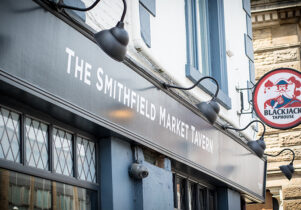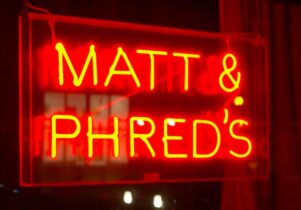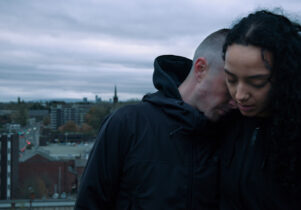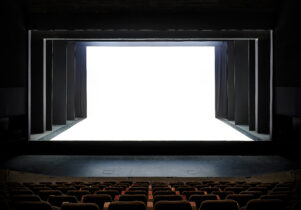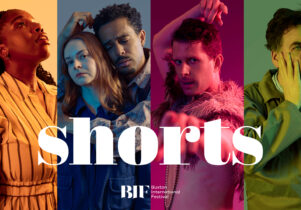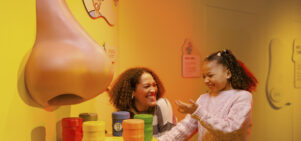Sons of Kemet at Band on the Wall
Johnny James, Managing EditorBook now
Sons of Kemet
Always double check opening hours with the venue before making a special visit.

Sons of Kemet’s Shabaka Hutchings has, over the past five years, established himself as a central figure in the burgeoning London jazz scene. Restlessly creative, he’s played in a variety of notable groups – The Comet is Coming, Melt Yourself Down, and Shabaka & the Ancestors, to name a few. He embraces influences from both the jazz and classical worlds, as well as being guided by the music he heard growing up in the Caribbean. Echoes of London’s diverse club culture are also there, with house, grime, jungle and dub styles imprinted in the saxophonist’s work.
Formed in 2011, Sons of Kemet marked the first group in which Hutchings acted as leader. Featuring an unorthodox line-up – saxophone/clarinet, tuba, and two drummers – the group asserted themselves as different from the off. In their debut album, Burn, Hutchings’ Caribbean inspired reed material soared atop pumping tuba bass lines (Oren Marshall), whilst a twin assault of rhythm (Tom Skinner, Sebastian Rochford) pounded rapturously underneath. From front to back it’s a record that’s just brimming with life.
The same can be said of their follow-up, Lest We Forget What We Came Here To Do, in which the group’s focus intensified. Replacing his mentor Oren Marshall, Theon Cross’ tuba playing was thrillingly out-there, and Hutchings flaunted new powers of expression. Blending Caribbean traditions with elements of grime, gospel and fiery free jazz, the record is, in Hutchings’ words, ‘a meditation on the Caribbean diaspora in Britain’. Indeed, one only has to look at the track titles to see the cultural and political intent, with references to people such as murdered Palestinian youth Samir Awad, and Barbadian novelist George Lamming.
This cultural and political emphasis grew in Sons of Kemet’s third and latest album, Your Queen is a Reptile. The whole record challenges the idea that some people are born better than others. Specifically, it denounces the concept of hereditary monarchy. Through its nine song titles, Hutching posits a more personal notion of potential royalty – one that celebrates visionary black women. Angela Davis, the radical activist, and Ada Eastman, Hutching’s inspirational great-grandma are two of them.
Musically, the group are back with their idiosyncratic bop, with horns that shriek more wildly and rhythms that pound more furiously than ever. ‘My Queen is Harriet Tubman’ is a kinetic standout. With such few components, this track hits boss level with its ability to make you move. Elsewhere, excitement is built by guest MC’s who utter words of either defiance or affirmation. There are also some lovely soft moments. ‘My Queen Is Yaa Asantewaa’ sees Hutchings purr his way through an uncharacteristically ‘pretty’ solo atop a dub bass tuba and whispering drums.
Whilst Hutchings’ compositions are carefully thought out, the players’ wealth of experience in jazz leads to live performances that possess a sense of freedom and spontaneity. High-octane affairs, their gigs seek to hypnotise and thrill in equal measure. Since winning a Mercury Prize nomination for their most recent album, the band are in high demand on the live circuit. It’s thus exciting that they’re playing a relatively small – and brilliant – venue in Manchester: Band on the Wall. Roll on the 28 October.

